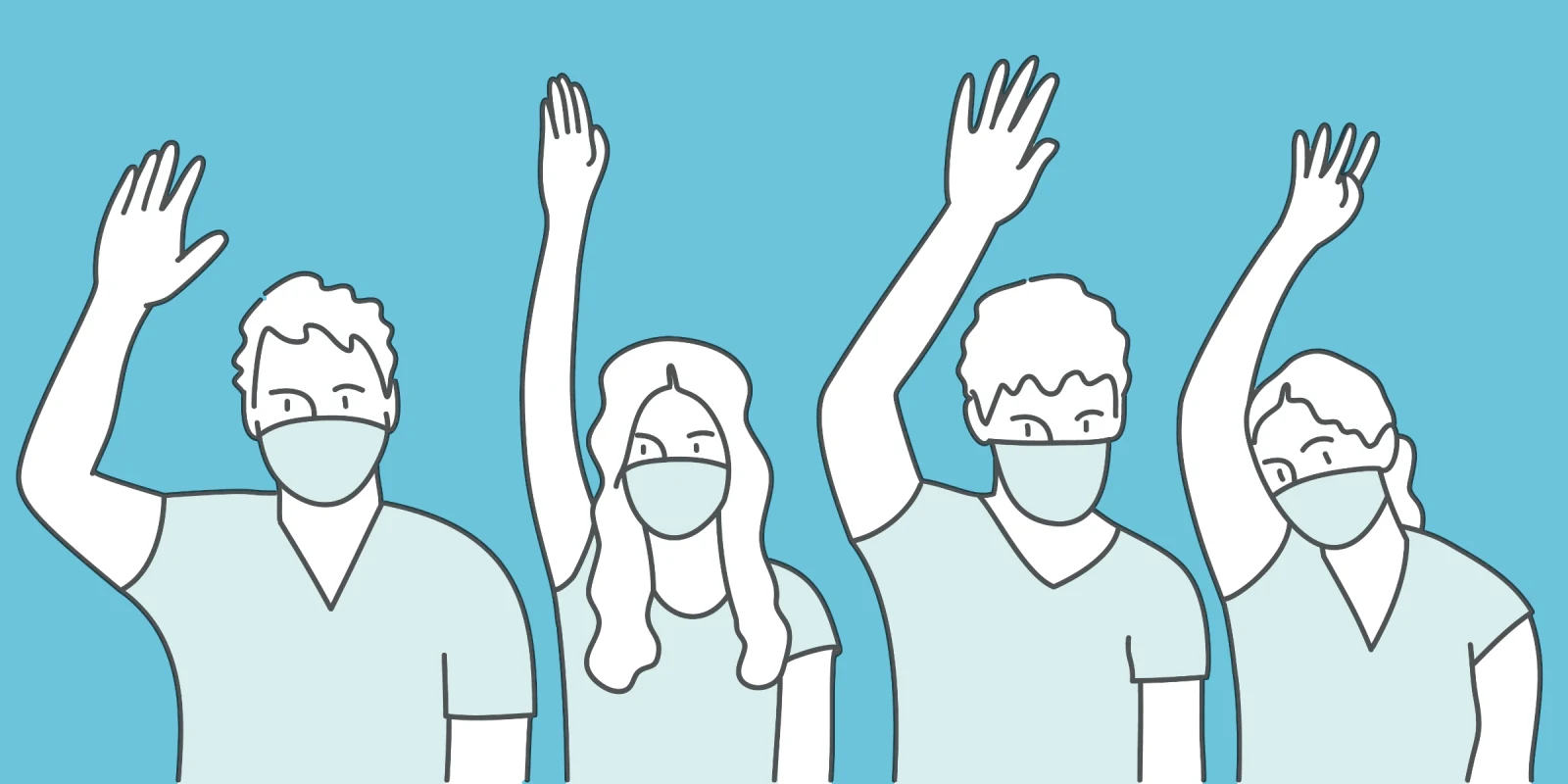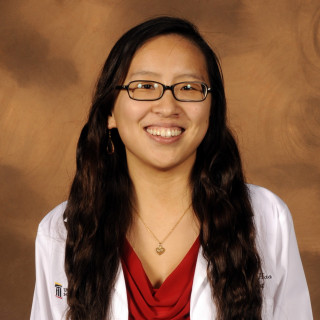“If you can Google it in five minutes, don’t ask the question. Don’t ask stupid questions.”
That was the instruction given to me as a medical student embarking on my first surgical clerkship, and, wanting to impress (especially in the clerkship for my desired specialty), I took it to heart. I saw my patients, presented on rounds, and assisted in the OR, both during the surgery and with setup and cleanup. I took out drains and changed dressings; I placed nasogastric tubes. I answered pimping questions and read a textbook to prepare for the clerkship exam. But I asked very few questions.
Every time a question popped into my head, it was followed immediately by strategizing: How can I find the answer on the internet? And since I believed I could “Google” it, I stayed silent. I had questions like, “How did the patient develop this abscess?” or “When do we remove the whole thyroid versus half the thyroid?” The former was a pathophysiology question (I thought: Google “pathophysiology of abscess”) and the latter was an indications question (I thought: Google “surgical indications for total thyroidectomy”). The questions I did actually ask were “why” or “how often” questions that I felt I could not easily find or had already tried and failed to find — questions like: “Why are we removing some of the pseudomyxoma peritonei from the abdomen if it is not curable?” And: “How often does the double layer intestinal anastomosis leak compare to a single layer anastomosis?”
As a consequence, at the time of my evaluations, I was labeled “quiet” and “not engaged.” The task-based work and effort that I had put into the clerkship were appreciated by the support staff and residents, but went unnoticed by the evaluating attending physicians.
Now that I am on the other side as a surgical resident, I notice that I feel the same way. I appreciate when our medical students participate in tasks and present their patients, but I also notice that when they stand in the OR, gowned and gloved and ready to help — but silent, I perceive them as disengaged or uninterested. On the other hand, when I have students who eagerly ask all sorts of questions, I find myself drawn to teach them as much as possible. And in the process, I usually discover a hole in my knowledge that I need to learn myself if I want to be able to answer their questions next time.
So, I do two things. First, I ask our medical students questions, to help engage them and to test their knowledge. If we find interesting anatomy, I show them or move aside briefly so they can see and try to identify it for themselves. Second, I now give the orientation to clerkship students every block. My mantra is: “There are no stupid questions.” I reiterate that they should feel free to ask anything they like with the only restriction being to pay attention to the situation (for example, asking questions while a patient is actively dying is not a good idea). I reinforce that it is okay not to have questions, but that sometimes the only way residents and attending physicians can appreciate their presence and desire to learn is with questions.
There will always be students who ask “Google-able” questions. “What is a cholecystostomy tube?” “What does vasopressin do?” But I have discovered that there is a benefit to allowing and encouraging students to ask these questions. I’ve noticed that students with a greater cache of knowledge or experience will ask more sophisticated questions, whereas students with less of either will ask more “Google-able” questions. And by noting their level of understanding, I can tailor my teaching to their needs and hopefully elevate knowledge, or inspire more interest and curiosity in students with a stronger knowledge base. In fact, there is some evidence to indicate that guiding medical students to ask “better questions” requires educators to model reflective questions, rather than put a damper on any questioning at all. Further, a 2019 study indicated that medical students desire learning contexts that are “calm, efficient and collaborative environments where questioning and learning is encouraged.”
In the future, I hope that more of my colleagues invite all sorts of questions. Asking the internet is a one-way dive into an infinite repository of information, both useful and useless. Asking a resident or attending invites a two-way dialogue that benefits both the student and the educator.
How is 'Dr. Google' impacting your medical practice — either in the exam room, the OR, or the education context? Share your experience in the comments.
Scarlett Hao is a PGY-4 resident in general surgery at East Carolina University / Vidant Medical Center. She graduated from University of Maryland School of Medicine. She is pursuing a career in academic medicine and surgical oncology. Scarlett is a 2020–2021 Doximity Op-Med Fellow.
Image: Semanche / shutterstock







